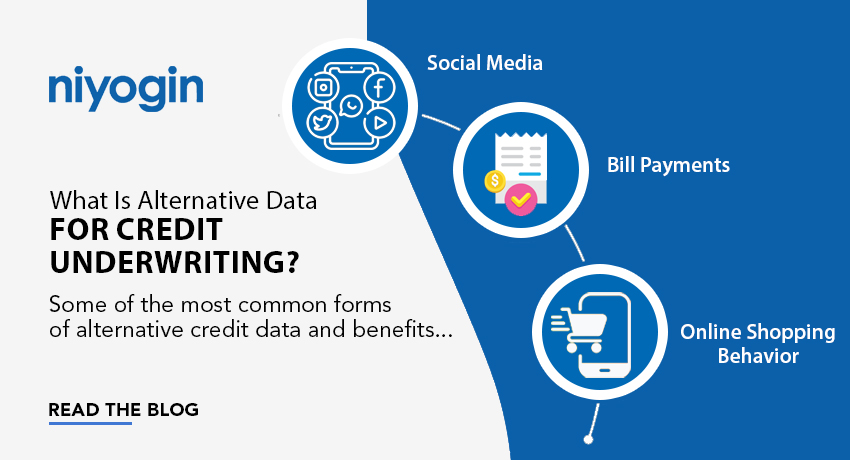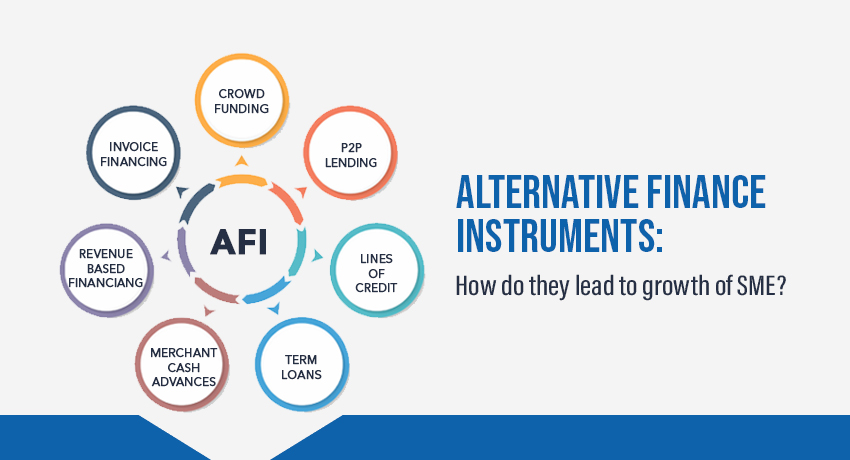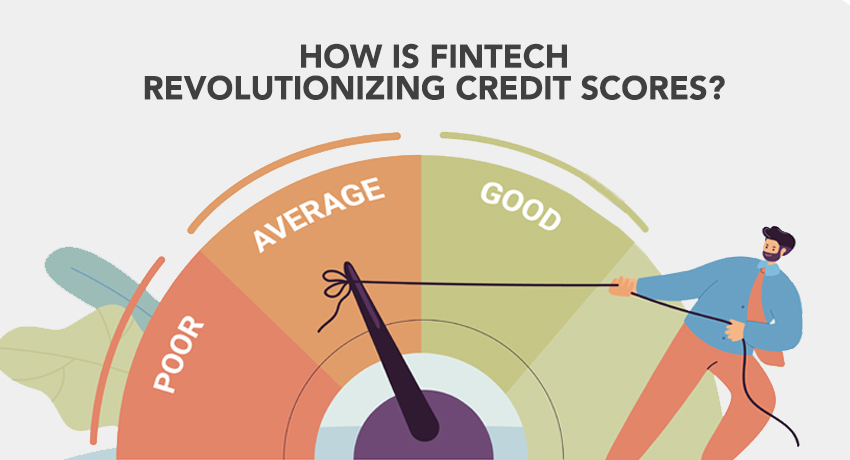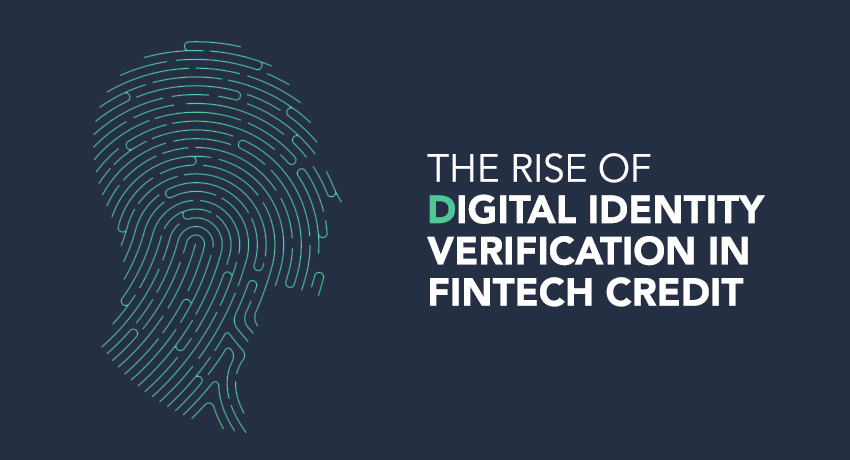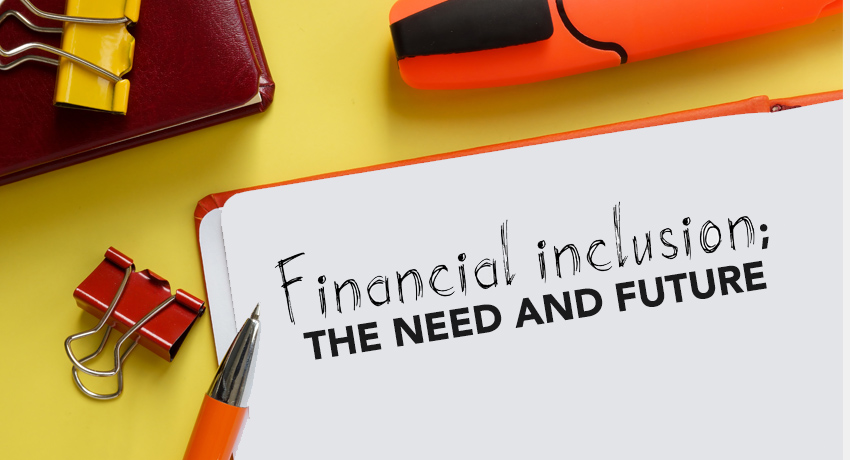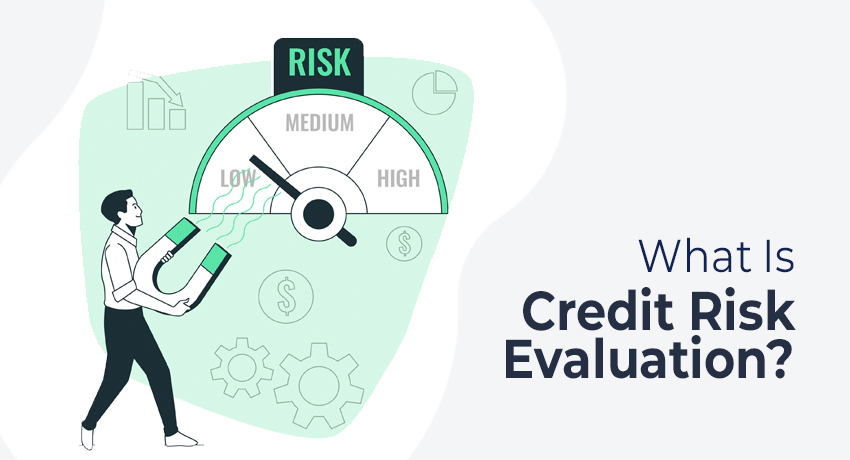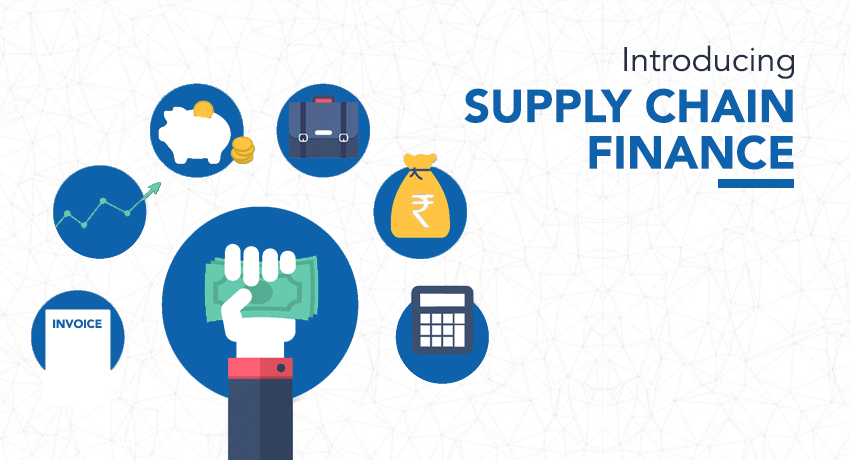Banks, NBFCs, and other financial organizations in the lending business use credit underwriting to assess a borrower’s risk profile. However, using alternative data to evaluate creditworthiness can greatly improve credit assessment accuracy, especially for individuals and enterprises with limited or unusual credit histories. Alternative credit underwriting data refers to information not typically used in the… Continue reading What Is Alternative Data for Credit Underwriting, and How Your Lenders Gain Access to It?
Tag: credit
Alternative Finance Instruments: How Do They Help SMEs Grow?
Alternate financing describes a category of financing products that includes venture capital, invoice finance, cash flow loans, and debts. In India, such solutions are now primarily favoured by SMEs and startups. This pattern is a component of the broader drive towards financial inclusion, which aims to increase access to formal banking institutions for more individuals.… Continue reading Alternative Finance Instruments: How Do They Help SMEs Grow?
How is Fintech Revolutionizing Credit Scores?
The fintech revolution has impacted the financial industry in a variety of ways, with credit scoring being one of the most disruptive. Credit scores have traditionally been established using restricted data, frequently omitting people with little or no credit history. However, with the rise of fintech, forward-thinking businesses are using technology, alternative data sources, and… Continue reading How is Fintech Revolutionizing Credit Scores?
The Rise of Digital Identity Verification in Fintech Credit
Digital identity verification has evolved as an important component of credit evaluation processes in the fast-paced world of financial technology (fintech). Traditional methods of verifying identities for credit applications, such as manual document checks and in-person verification, are time-consuming, error-prone, and out of step with today’s customer expectations. Fintech firms are utilizing cutting-edge technologies and… Continue reading The Rise of Digital Identity Verification in Fintech Credit
Financial Inclusion; the need and future
Financial inclusion refers to the process of ensuring access to affordable financial services, such as banking, insurance and credit, to all sections of society, particularly the underprivileged and low-income groups. Data Points to understand Financial Inclusion The need for Financial Inclusion Addressing poverty – Financial inclusion can help to alleviate poverty by providing access to… Continue reading Financial Inclusion; the need and future
What Is Credit Risk Evaluation?
The retail loan industry in India is growing rapidly. Compared to March 2021, the retail loans increased by 50% in March 2022. NBFCs are mainly responsible for this huge surge in the growth of personal lending. Issuing credit cards also grew by 13%. Lenders are more willing to increase loans and credits mainly because of… Continue reading What Is Credit Risk Evaluation?
Introducing Supply Chain Finance
Supply Chain Finance (SCF) is a technology solution that lowers financing costs for buyers and sellers. It tracks invoice approval and settlement and automates transactions to improve the efficiency of all the parties involved in a sales transaction. The supply chain financing market is expected to reach a CAGR of 17.1% by 2024. According to Mckinsey reports,… Continue reading Introducing Supply Chain Finance
Lending as a feature in the future
Lending has been a fundamental mean of money circulation in the economy. Over the years, we have seen a remarkable shift in how lending is undertaken. The shift from physical to phygital to digital has been massive and we are still evolving! In the past, lending was an independent process that had rigid prerequisites. Owing… Continue reading Lending as a feature in the future
